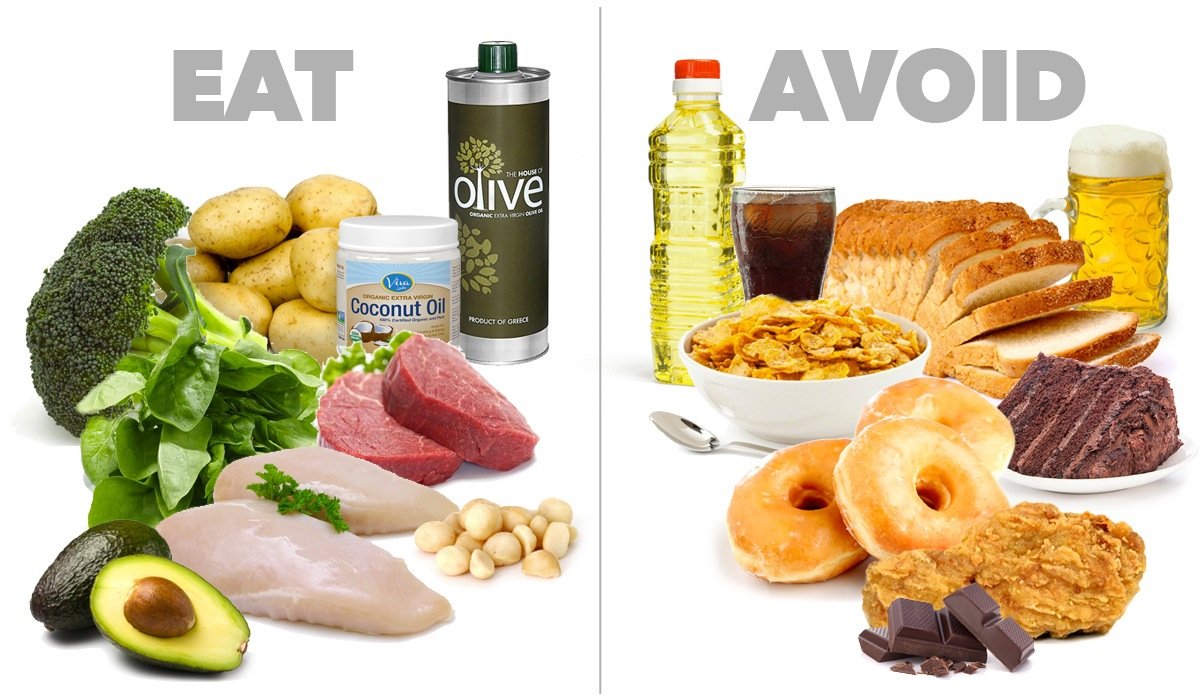Are constant mood swings, bloating, recurrent headaches, breast swelling and tenderness putting you in a dilemma?
Do you crave for certain foods like chocolates, coffee or sweets?

These hankerings combined with pain, cramping and discomfort are some of the common symptoms experienced by women every month, before or at the time of menstruation. The severity of these symptoms may vary but the cure remains the same.
Often, women give in to cravings to feel good and make themselves feel comfortable but the food choices you make directly have an impact on your hormones. Improper nutrition throws the menstrual cycle off its track.
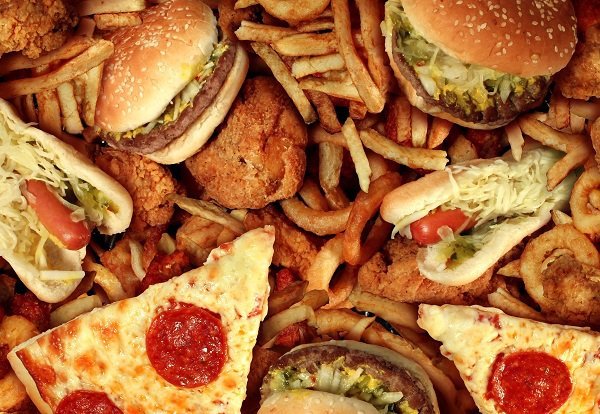
Eating a balanced and nutrition-dense diet can help ease the symptoms and keep your hormones from going out of whack. Be it to avoid menstrual pain or ease menopause symptoms, ensure that your diet is rich in vitamins and essential minerals. Eating too little or opting for an extreme weight loss diet can also affect the cycle and make it irregular.
Here’s a quick look at what to avoid and what to eat to cure yourself of discomfort.
1. Reduce the intake of simple carbohydrates found in baked goods and sodas and increase the amount of foods containing complex carbs such as oatmeal, lentils and soy milk.
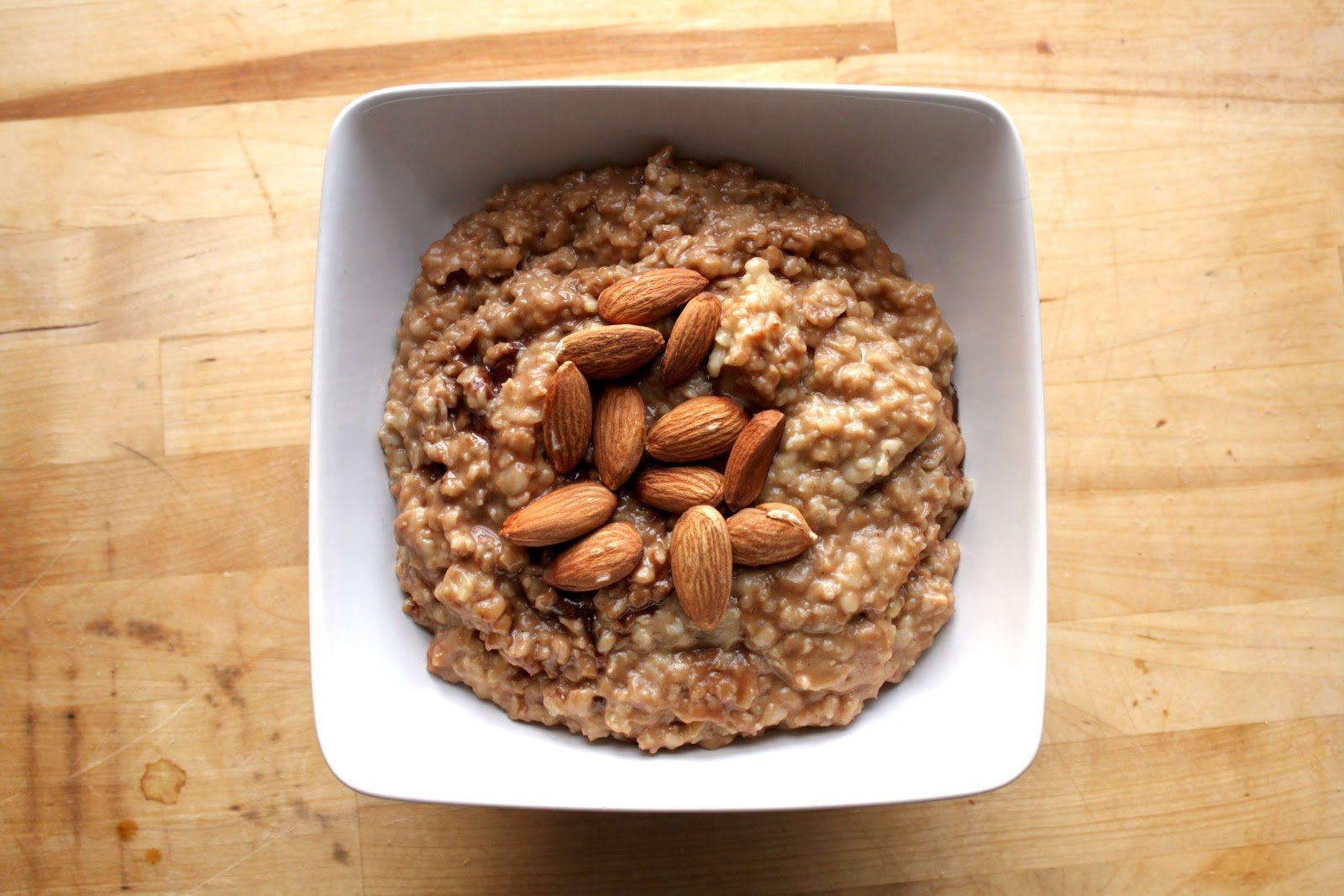
2. Fish and poultry are ideal protein sources and should be chosen over high-fat alternatives such as red meat.
However, you must be cautious to avoid spicy fish and chicken curries during periods and you must keep your diet simple and light.
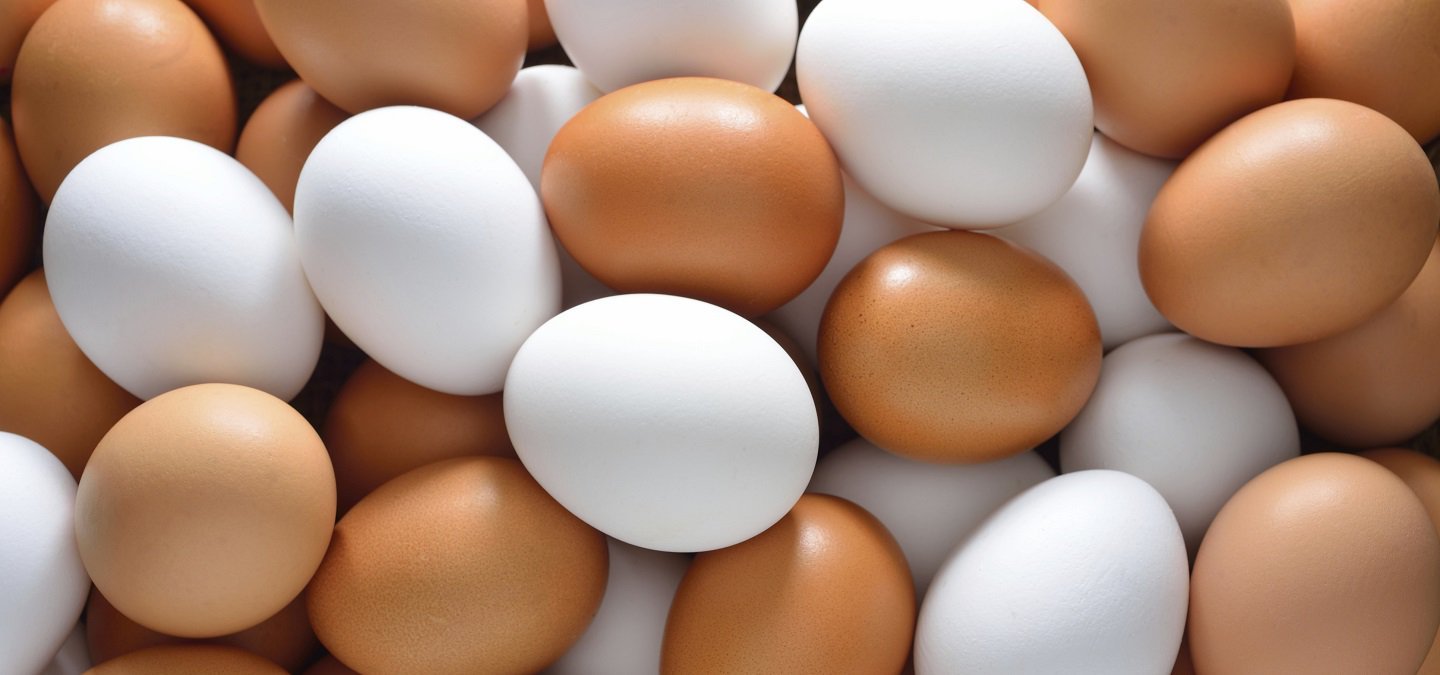
3. Add multivitamins, especially calcium, magnesium, vitamin D and E to your daily diet.
Vitamin C is important for the absorption of iron that is lost during menstruation. Vitamin E can alleviate pain and the blood loss associated with periods. Vitamin B6 can help with bloating and depression, while B12 can beat fatigue.
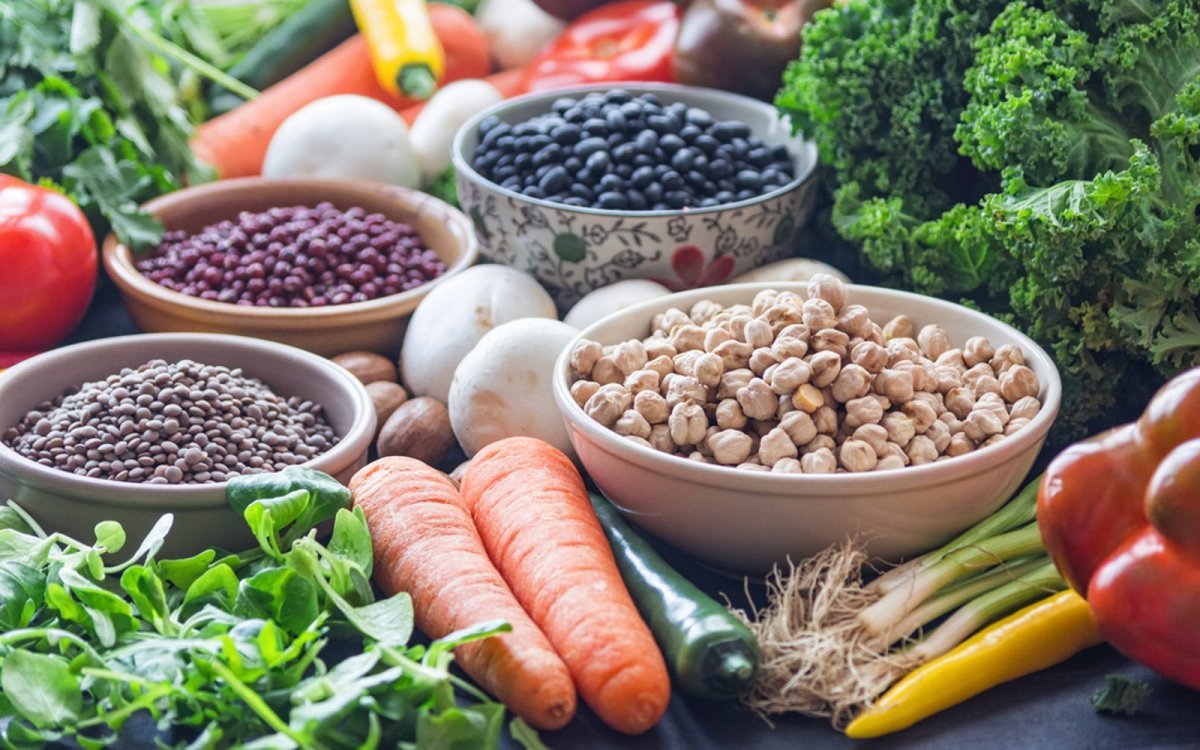
4. Make consumption of fruits and vegetables a part of your daily diet.
They are rich in fibre and can regulate the menstrual cycle to a large degree. Include sweet potatoes, carrots, mangoes, sweet peppers, red bell peppers, citrus fruits, broccoli, strawberries and sprouts to reduce symptoms of PMS.
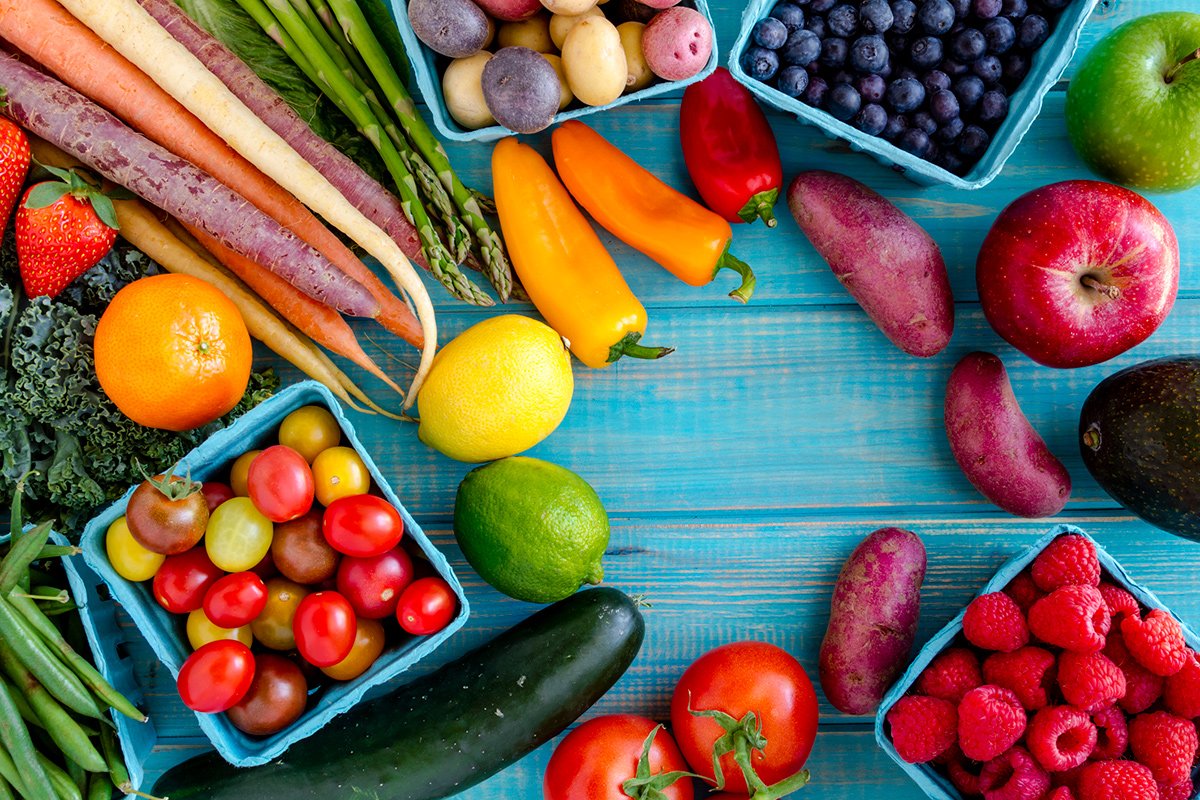
5. Ensure that you drink 2-3 litres of water everyday.
Drinking adequate water is a must, especially when it comes to hormone regulation. It will decrease your chances of water retention, a phenomenon which makes cramps all the more painful and causes bloating.
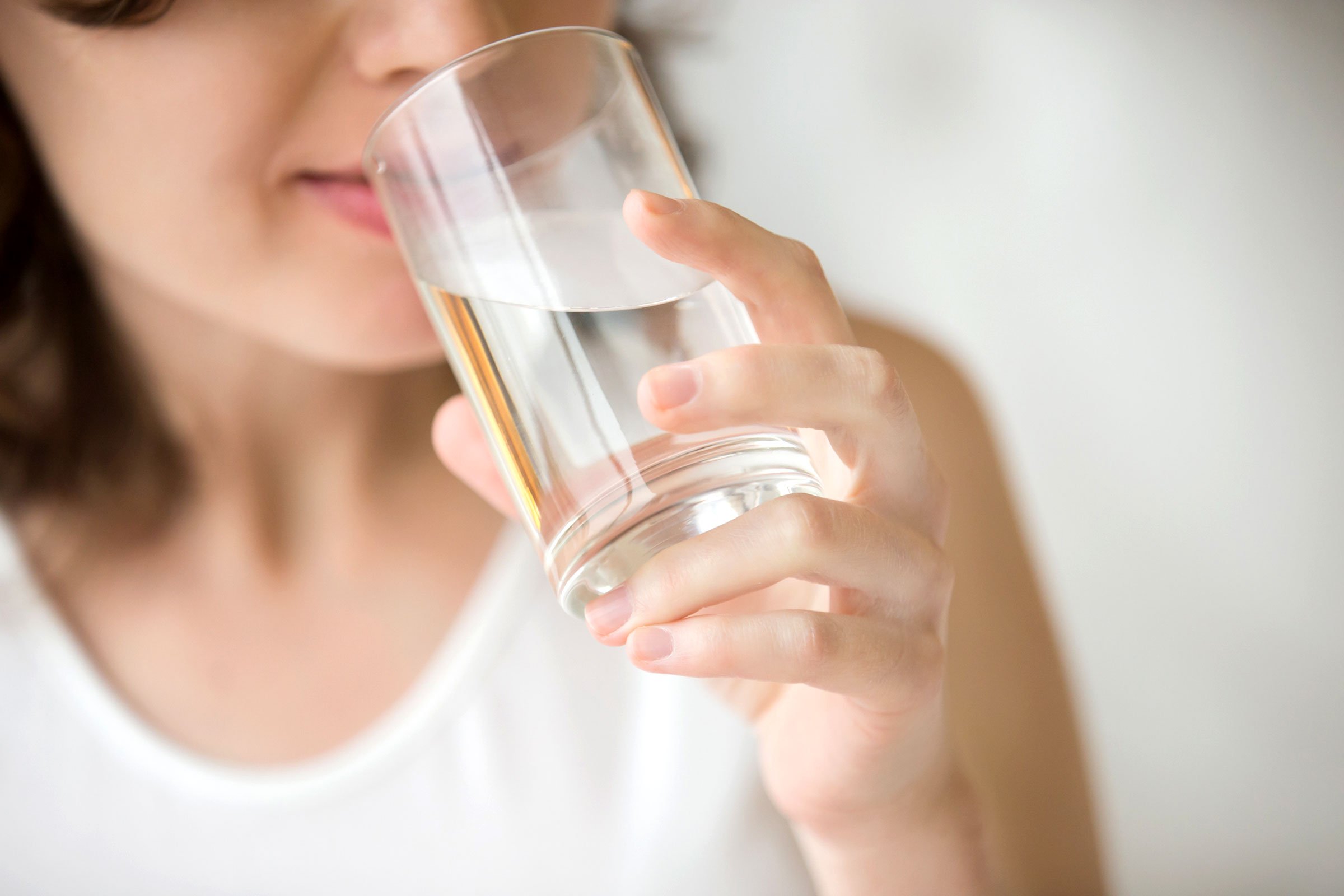
6. While avoiding extremely high fat foods, you must also be cautious of a diet that is too low on fat, as this can result in irregular periods as well.
At least 20-30% of your daily calorie consumption must come from good quality fats. These include fats obtained from omega-3 fatty acids found in fish, some nuts and seeds.
